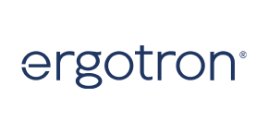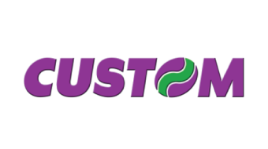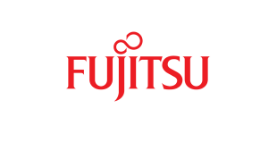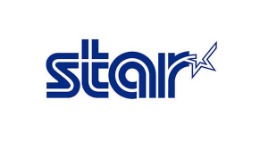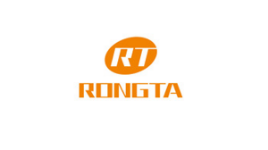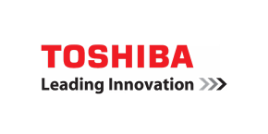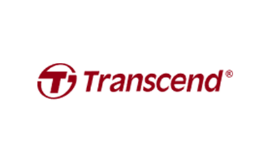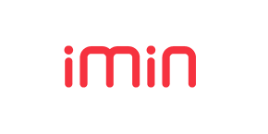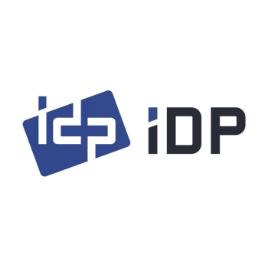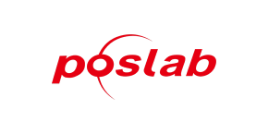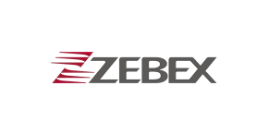ERP (Enterprise Resource Planning)
QERP: The All-in-One ERP Solution Made in Thailand
In the digital age, where businesses compete on speed and efficiency, effective management is key to success. However, many businesses face challenges with scattered data and disconnected systems, leading to wasted time and costly errors.
QERP, a Thai-developed ERP software, understands these challenges. That's why they've created a comprehensive ERP system that manages all aspects of your business—from accounting and finance to sales, inventory, production, and human resources—within a single platform. This streamlines operations, reduces costs, and boosts revenue.
Why Choose QERP?
- Developed by Thais, for Thai Businesses: QERP understands the unique needs of Thai businesses. It supports the Thai language and offers a user-friendly, intuitive interface.
- Complete ERP Solution: QERP covers all the essential functions your business needs, including accounting, finance, sales, purchasing, inventory, production, and human resources.
- Affordable Pricing: Choose from various packages that cater to your business size and specific needs.
- Customizable: Tailor the system to perfectly match your business workflows.
- Excellent Customer Support: A team of experts is ready to provide prompt assistance and resolve any issues.
How QERP Benefits Your Business:
- Increased Efficiency: Streamline operations, save time, and reduce errors.
- Cost Reduction: Minimize expenses and waste.
- Revenue Growth: Boost sales and unlock new business opportunities.
- Improved Customer Service: Provide faster and more personalized customer service.
- In-depth Data Analysis: Gain valuable insights from data to make informed business decisions.
- Competitive Advantage: Stay ahead of the curve and achieve sustainable growth.
QERP is ideal for a wide range of businesses, including retail, wholesale, services, and manufacturing.
Ready to take your business to the next level with QERP?
Contact us for a consultation and free trial!

















































